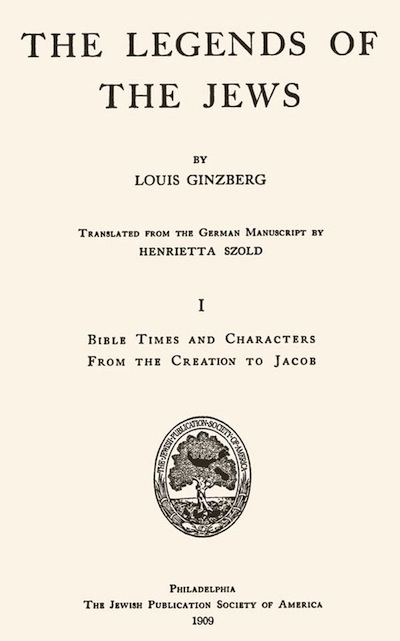For more information, see yesterday's announcements. If you are just checking to see that I received an assignment that you turned in over the weekend, here is the stack.
The following items are for fun and exploration:
Featured Resource: Dan Ashliman's Folktexts. As those of you in the Myth-Folklore class explore possible Storybook topics, I would like to highly recommend this amazing website by Prof. Dan Ashliman. There are thousands of stories collected here, each with full bibliography, arranged so that you can see the recurring folktale plots and motifs as they recur in the cultures of many countries. Students in Indian Epics might also enjoy browsing the site as Ashliman includes many stories from the Indian tradition as well.

Featured Storybook: The Fairy Godmother Union Strike. The featured Storybook for today has a labor theme: the fairy godmothers of the kingdom are tired of being taken for granted and have decided to go on strike, while magically demonstrating to the king just what terrible consequences their strike will have.

FREE Kindle eBook: Legends of the Jews by Louis Ginzberg. Here is a link to the book at Amazon, and this blog post provides additional information about the contents of the book which is one of the most important collections of ancient Jewish folklore ever recorded; it is also one of the sources used in the "Noah and Babel" unit in the Myth-Folklore class in the coming week.

Words of Wisdom: Today's proverb poster is When Adam delved and Eve span, who was then the gentleman? (an English proverb). Details at the Proverb Lab. You can read about the use of this proverb by the revolutionary Lollard priest John Ball, a leader of the Peasants' Revolt of 1381, in this Wikipedia article.

Labor Day. The image below shows a Labor Day poster from 1942. In a sad irony of history, Labor Day is now widely regarded as a major shopping holiday, yet only 3% of people in retail are members of labor unions. For more information about the background of the Labor Day holiday, see this Wikipedia article.

Remember, you can page back through older blog posts to see any announcements you might have missed.